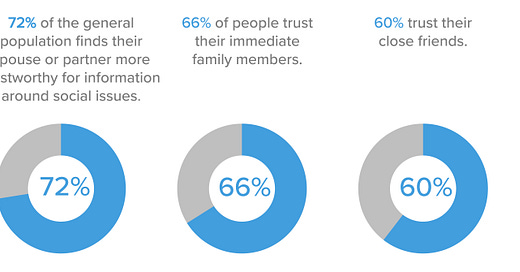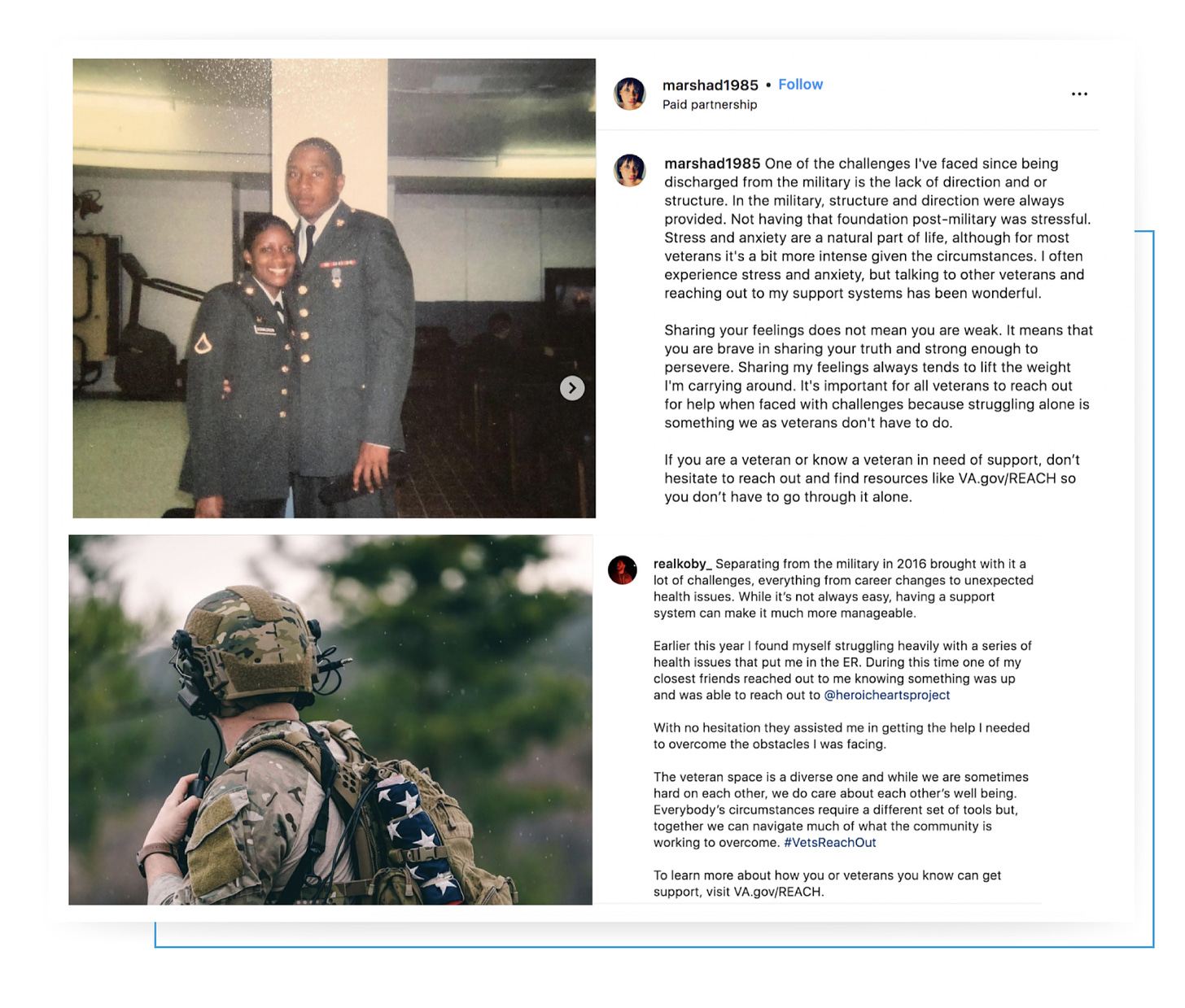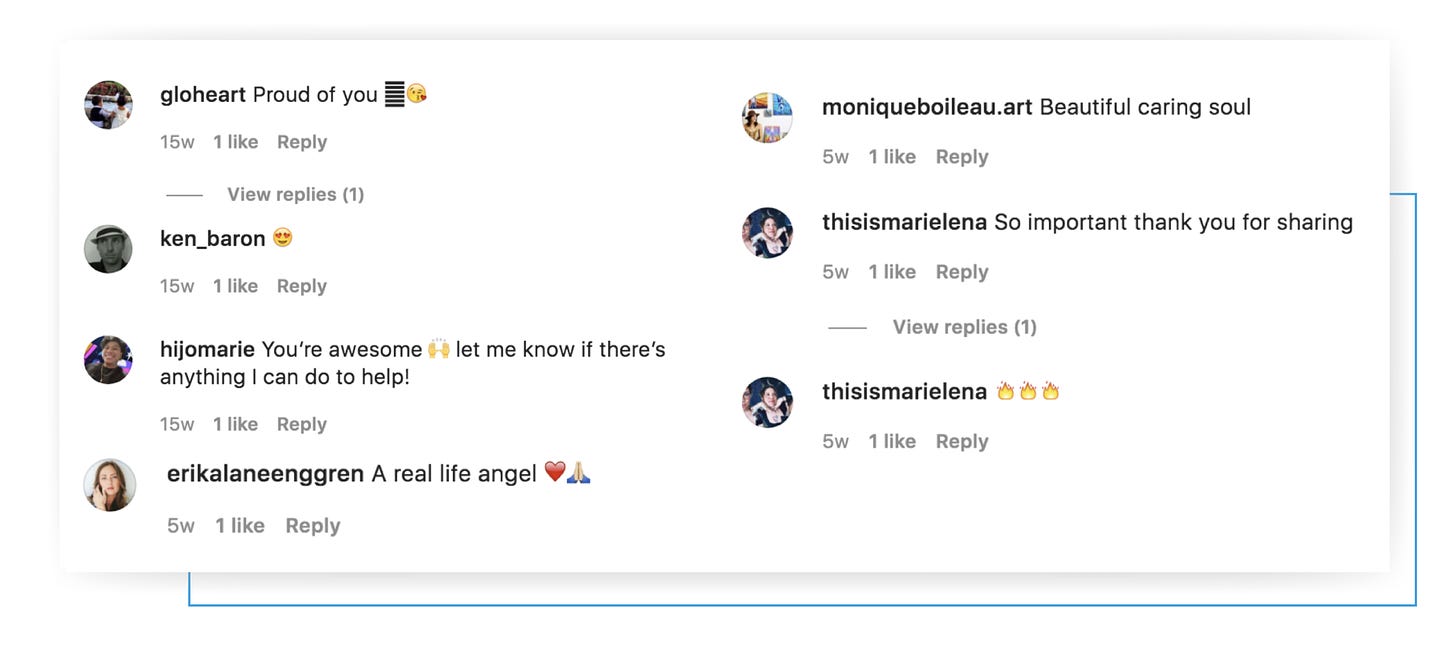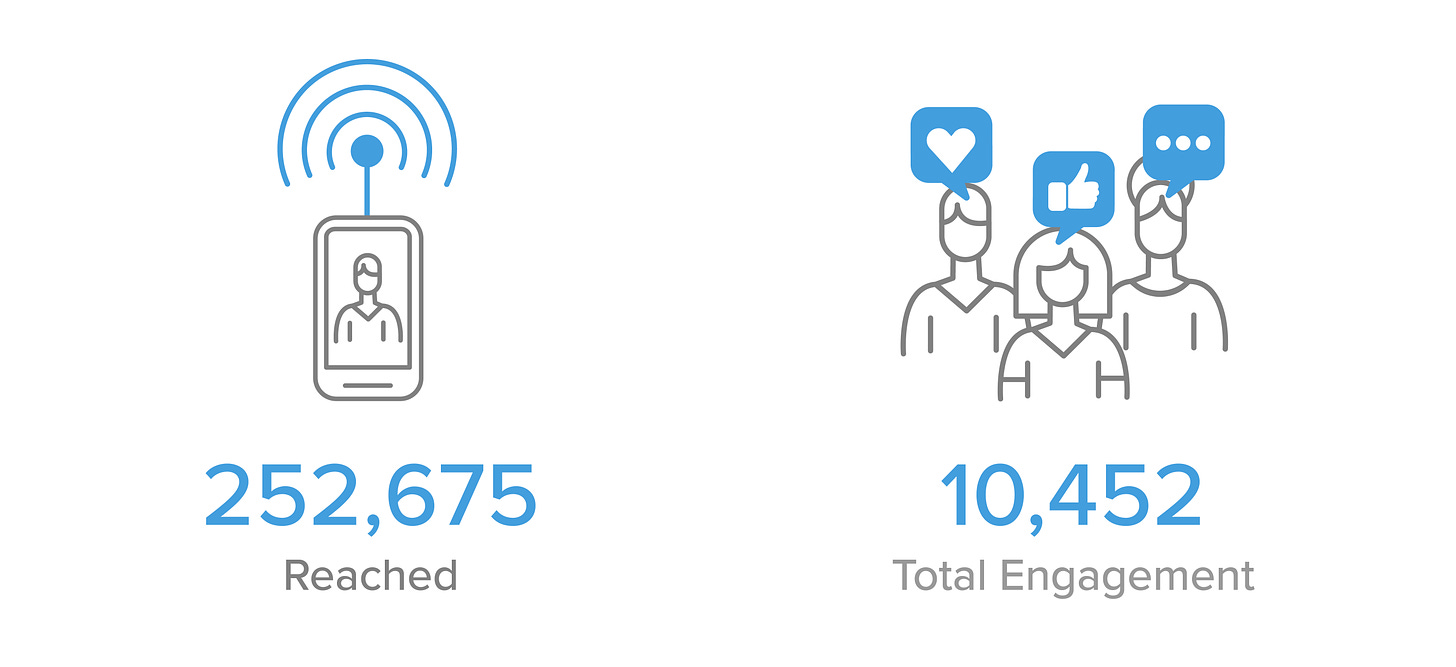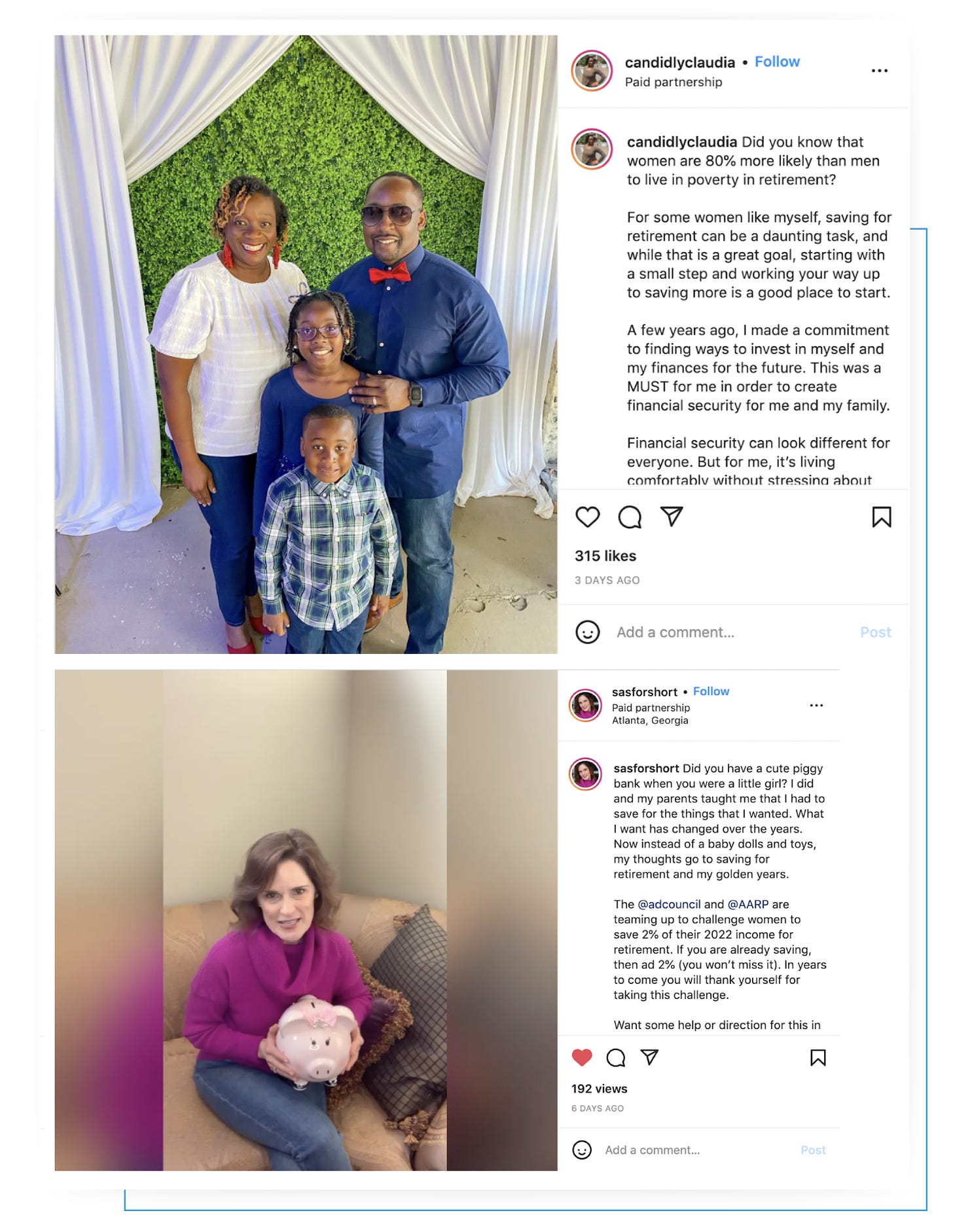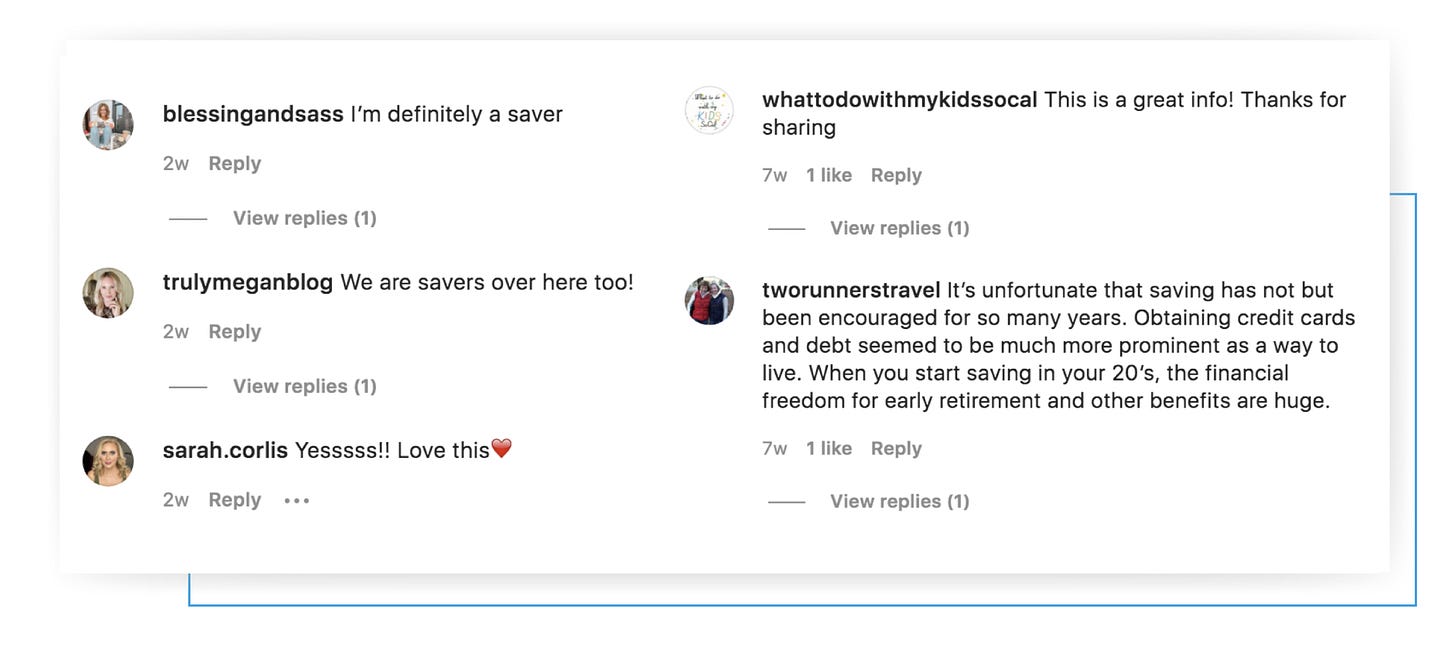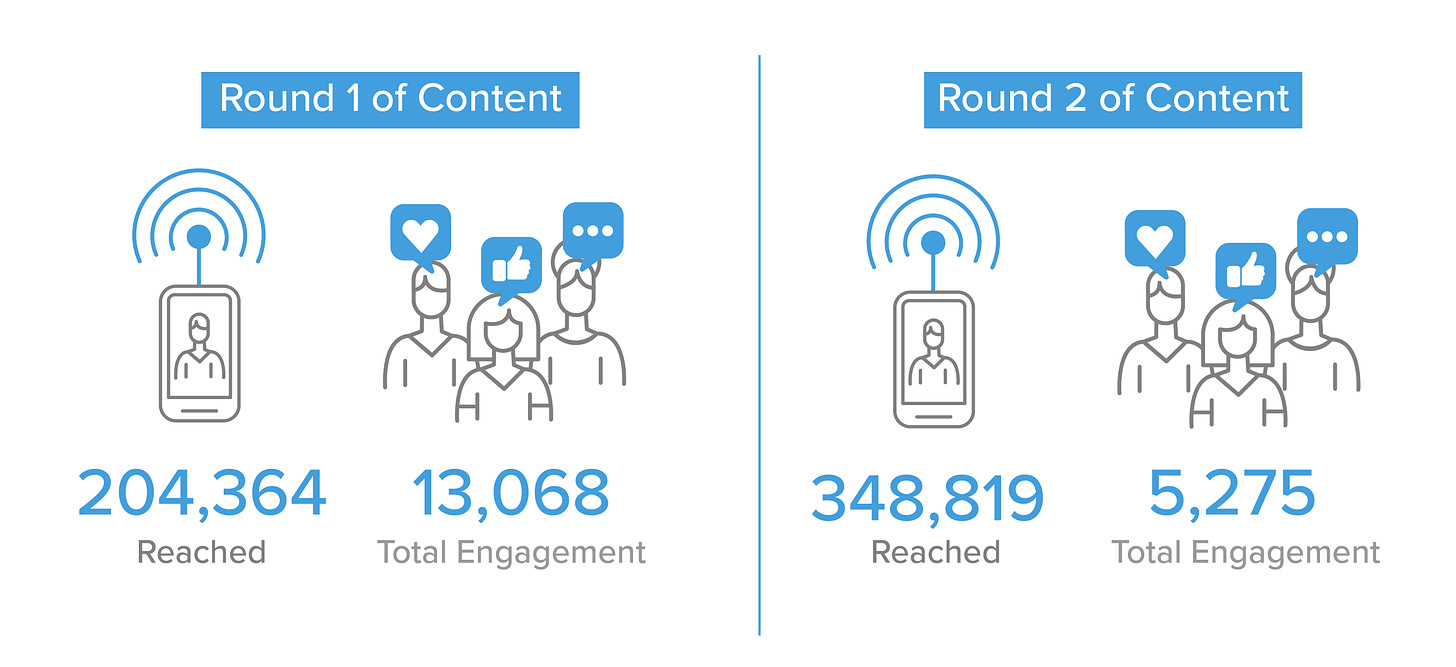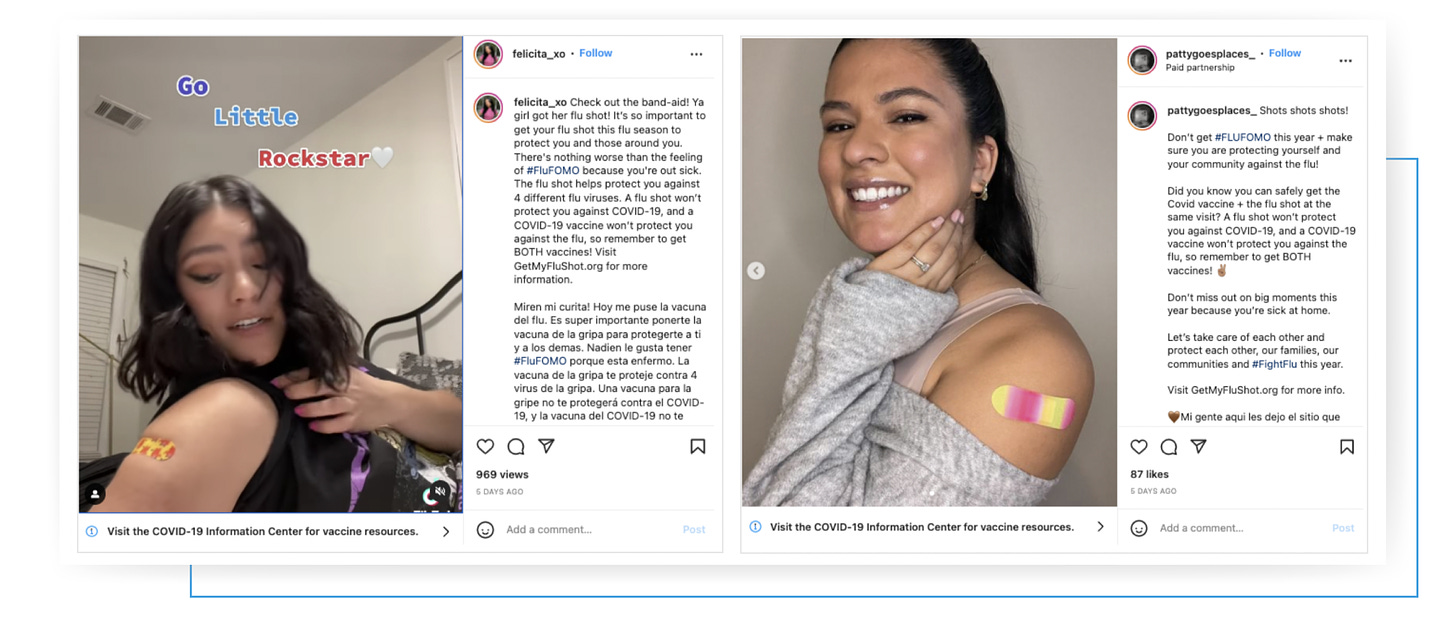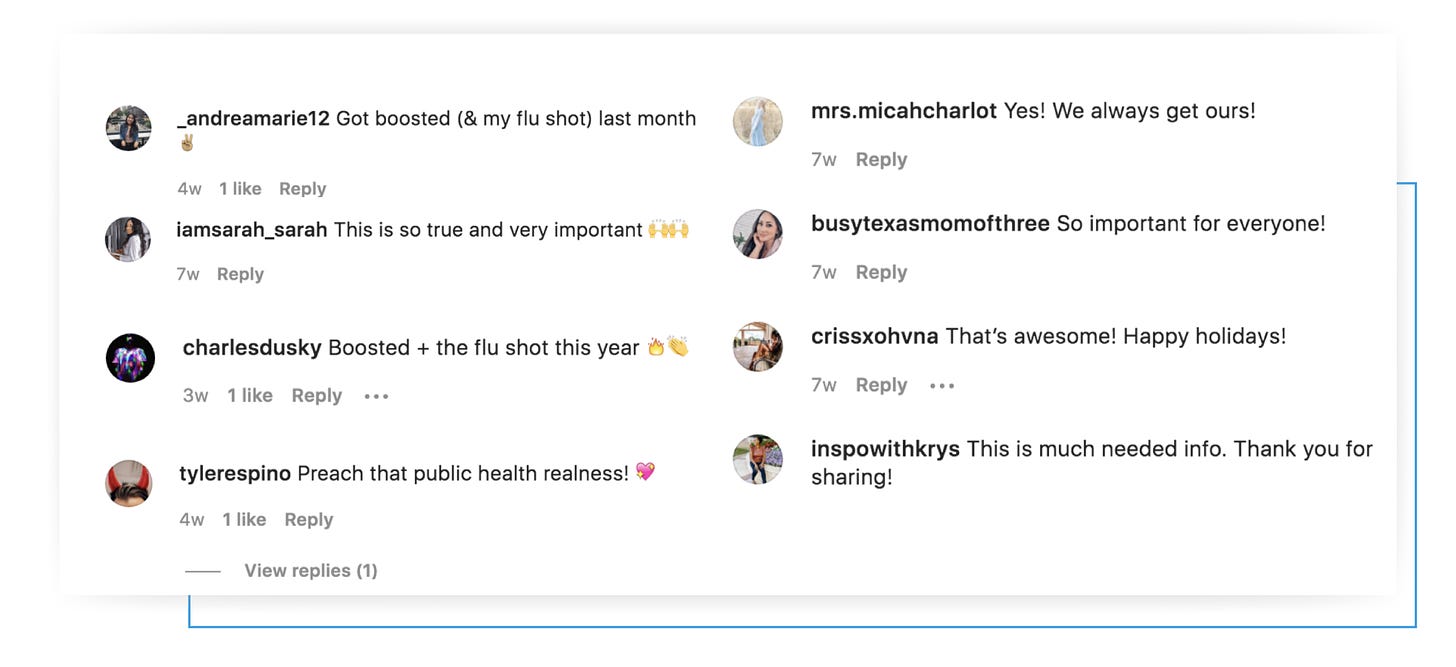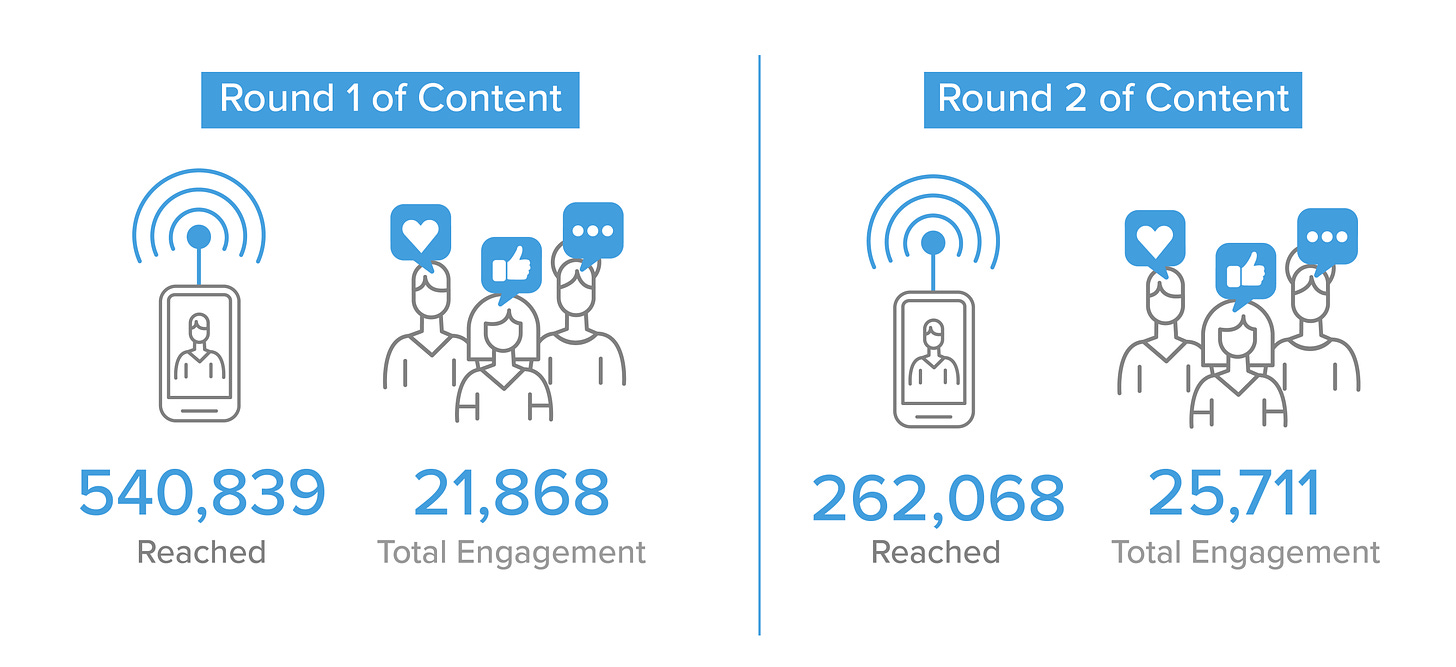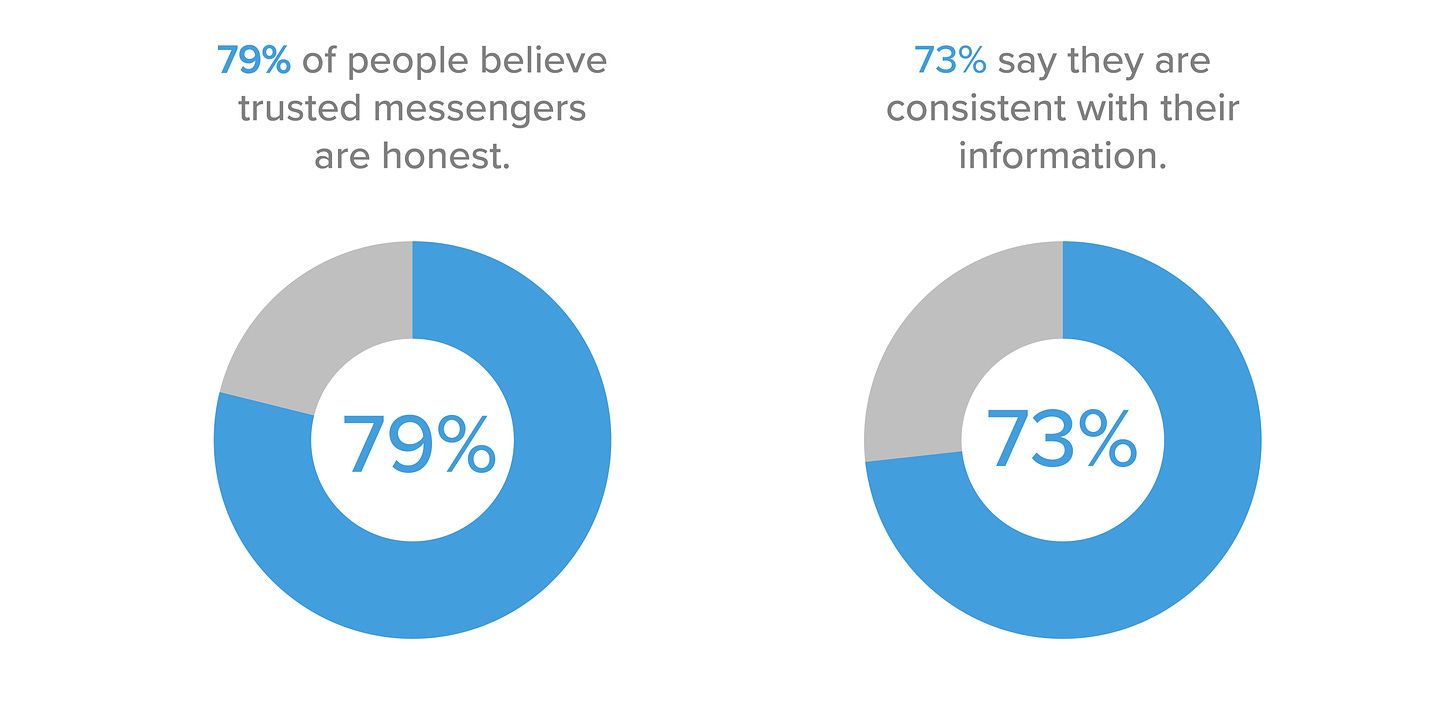The Ad Council Knew Friends and Family Were the Cure for Misinformation. We Proved It.
We tapped into a network of ‘trusted messengers’ to share personal stories about important topics to drive behaviors among their audiences.
All good things come with change, and we are no different: Main Street One is now People First! While you’re enjoying all of our new content, you can still expect the same insights in your inbox every other week. So make sure you’re subscribed to stay up-to-date on everything People First!
BIG TAKEAWAY: Americans have a hard time knowing who they can trust for factual, reliable information. The public is becoming more profoundly partisan and polarized. That makes it difficult to share information about some of our country’s most pressing topics like COVID-19 vaccination and other social issues.
SLEEPER TAKEAWAY: Most people trust their close family and friends because they are seen as trustworthy and credible.
In fact, the Ad Council Research Institute finds:
The Ad Council did the research that found these “trusted messengers” can tap into issues related to mental health, COVID-19, voting, and climate change. However, we proved their findings in practice.
Here’s how we did it across three different campaigns:
VETS AS TRUSTED MESSENGERS:
We wanted to prevent the risk of suicide among veterans by amplifying stories from their fellow veterans about the need to seek support early before reaching a crisis point using the hashtag #VetsReachOut.
“The veteran space is a diverse one and while we are sometimes hard on each other, we do care about each other’s well-being.”
“We need to support, embrace one another, and continue this in times of distress.”
REACTIONS:
These vulnerable stories from trusted messengers in our #VetsReachOut campaign reached more than a quarter of a million veteran community members. The campaign's engagement rate was 3.2 times the industry average.
WOMEN AS TRUSTED MESSENGERS:
We wanted women to feel empowered to save 2% or 2% more of their income for retirement. So, we asked women to share a bit with their followers about the importance of saving for retirement with the hashtag #WeSaySaveIt. Trusted messengers also encouraged women to take the #2PercentChallenge.
REACTIONS:
Over the course of two activations, this peer-to-peer content reached more than 500,000 people and earned an engagement rate of 4.52%. These 24 pieces of content outperformed the industry average.
BUILDING TRUST FOR FLU VACCINATION:
Though COVID-19 is still spreading, our trusted messengers also wanted to ensure their audiences got their flu shot with the #FluFomo campaign. Some posts were in English and Spanish:
REACTIONS:
Our trusted messengers reached more than 800,000 people throughout two activations. Many of their posts consistently outperformed the industry average.
THE BOTTOM LINE:
The Ad Council Research Institute did the research, but People First proved it on the ground– who a message comes from is just as important as the message itself.
Trusted messengers are crucial in developing campaigns designed to raise awareness about important issues.
The Ad Council Research Institute says:
That’s why people trust their spouses, immediate family members, doctors, and close friends to deliver key messages, and we tapped into those networks.
The results from our campaigns show people care about what those closest to them think and feel about a given topic. We must continue to identify and cultivate these trusted messenger relationships to help change the public’s ideas and behaviors.

